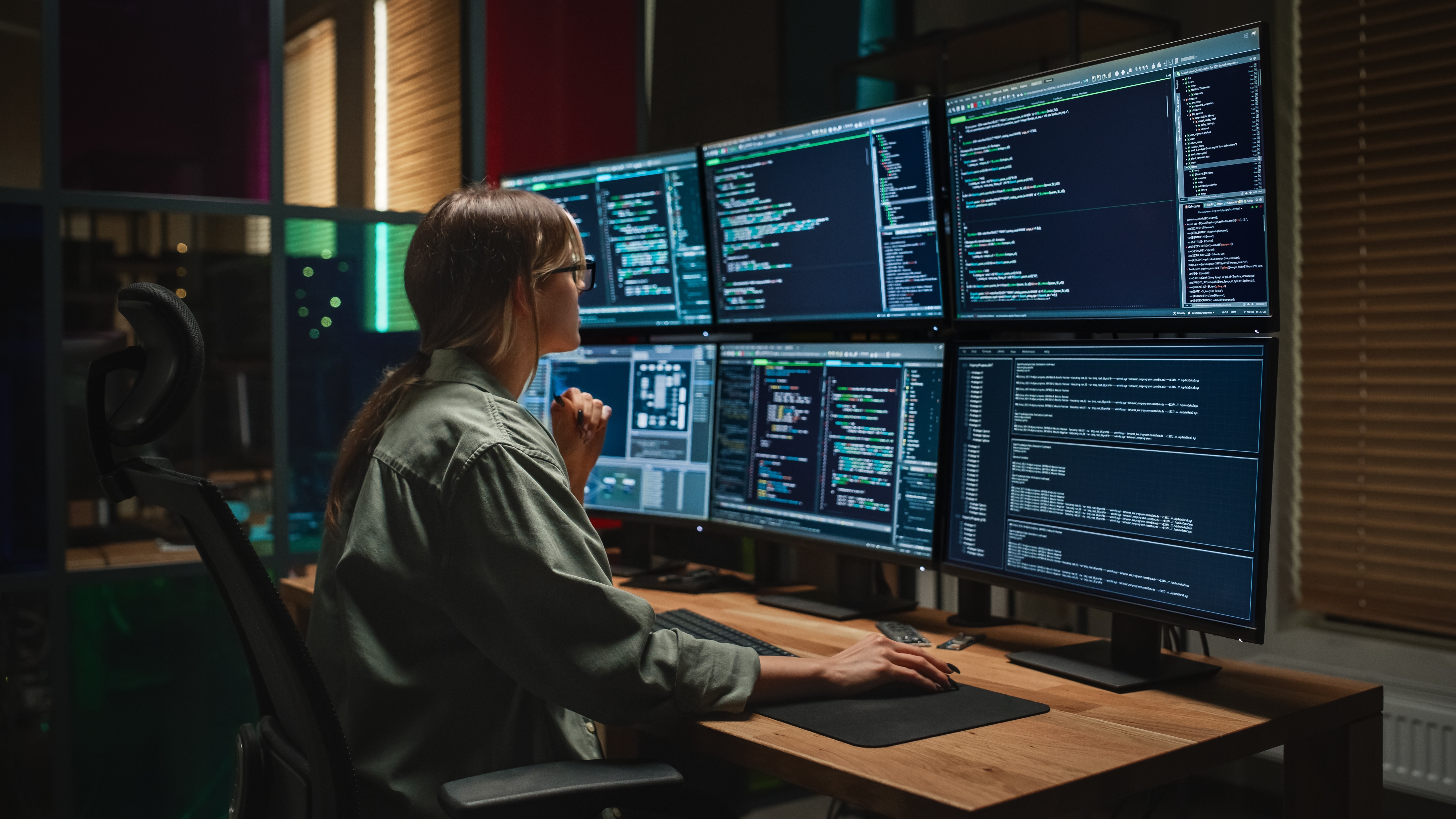Senior Engineers Embrace AI Coding Tools While Maintaining Oversight, Survey Shows

Key Points
- Over 70% of senior developers say AI coding tools make their jobs more enjoyable.
- More than 30% describe AI’s impact on their work as “significant.”
- A slight majority of engineers with ten+ years of experience report faster software delivery using AI.
- About a third of senior developers generate more than half of their code with AI tools.
- Only a small fraction of junior programmers rely heavily on AI, preferring hand‑crafted code.
- Roughly 80% of older coders consider the energy costs of their work, versus about half of younger developers.
- Nearly one in ten admit they lack knowledge of their code’s power consumption.
- Senior engineers balance AI efficiency with extra review to catch machine‑generated flaws.
A Fastly survey finds that over 70% of senior developers say AI‑assisted coding makes their jobs more enjoyable and speeds delivery, though they spend extra effort reviewing machine‑generated code. Only a small share of junior programmers rely heavily on AI, preferring hand‑crafted solutions. The study also reveals generational gaps in energy‑impact awareness, with about 80% of older coders considering power costs versus roughly half of younger developers. Senior engineers, who balance testing, architecture, and mentoring, view AI as a way to recapture the “fun dopamine hit” of programming while staying cautious about broader automation consequences.
AI Adoption Among Senior Engineers
According to a survey conducted by cloud services platform Fastly, more than 70% of senior developers say AI‑assisted coding makes their work more enjoyable, with over 30% describing the effect as “significant.” A slight majority of engineers with more than ten years of experience report that AI tools help them deliver software more quickly, though they acknowledge spending extra effort reviewing machine‑created flaws. About a third of senior developers are producing more than half of their finished work through AI code generation, highlighting a calculated use of automation that aligns with their broader responsibilities.
Contrast With Junior Developers
In contrast, only a small fraction of developers with less than two years of experience report similar levels of AI usage. Fewer than half of younger programmers feel that AI coding speeds up their work, and many still prefer to hand‑craft solutions themselves. Austin Spires, senior director of developer engagement at Fastly, explained that senior engineers “don’t write code all day,” noting that they are often expected to juggle testing, architecture, and mentoring tasks. For junior coders, the preference for traditional craftsmanship remains “heartening,” according to Spires.
Balancing Efficiency and Caution
Senior engineers view AI as a way to prototype quickly and recapture the “fun dopamine hit” that originally attracted them to programming. While embracing the efficiency gains, they remain vigilant, spending additional time checking for machine‑generated errors. This pattern points less to a reliance on automation and more to a strategic blend of speed and oversight, reflecting the senior cohort’s broader focus on code quality, architecture, and mentorship.
Environmental Considerations
The survey also uncovers generational differences in awareness of software’s energy impact. Roughly 80% of older coders say they consider the energy costs of their work, compared with barely half of younger developers. Nearly one in ten respondents admitted they had no idea how much power their code consumed. Spires noted, “There’s not a lot of incentive for AI coding tools to disclose what the carbon footprint of these tools are.” This highlights a gap in understanding the broader environmental ramifications of widespread automation.
Outlook
Overall, the findings suggest senior engineers are setting a tone that blends efficiency with caution as AI tools become more prevalent in software development. While AI makes coding more enjoyable for many, the larger consequences of automation—including carbon footprints and energy consumption—remain uncertain. The senior cohort’s balanced approach may shape how the industry navigates the evolving coding culture.